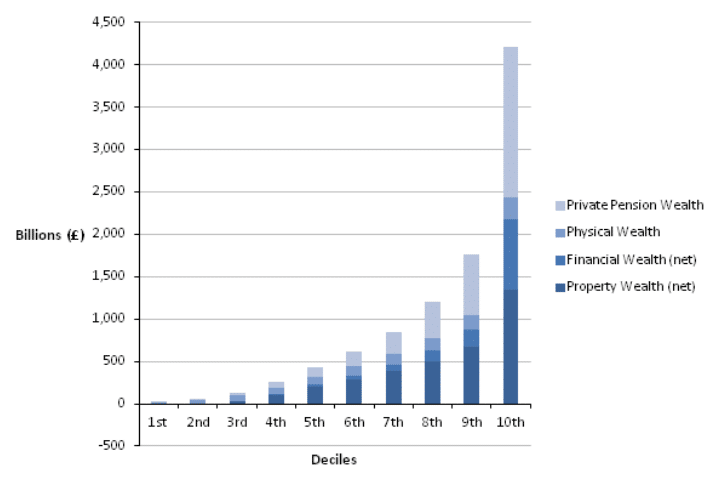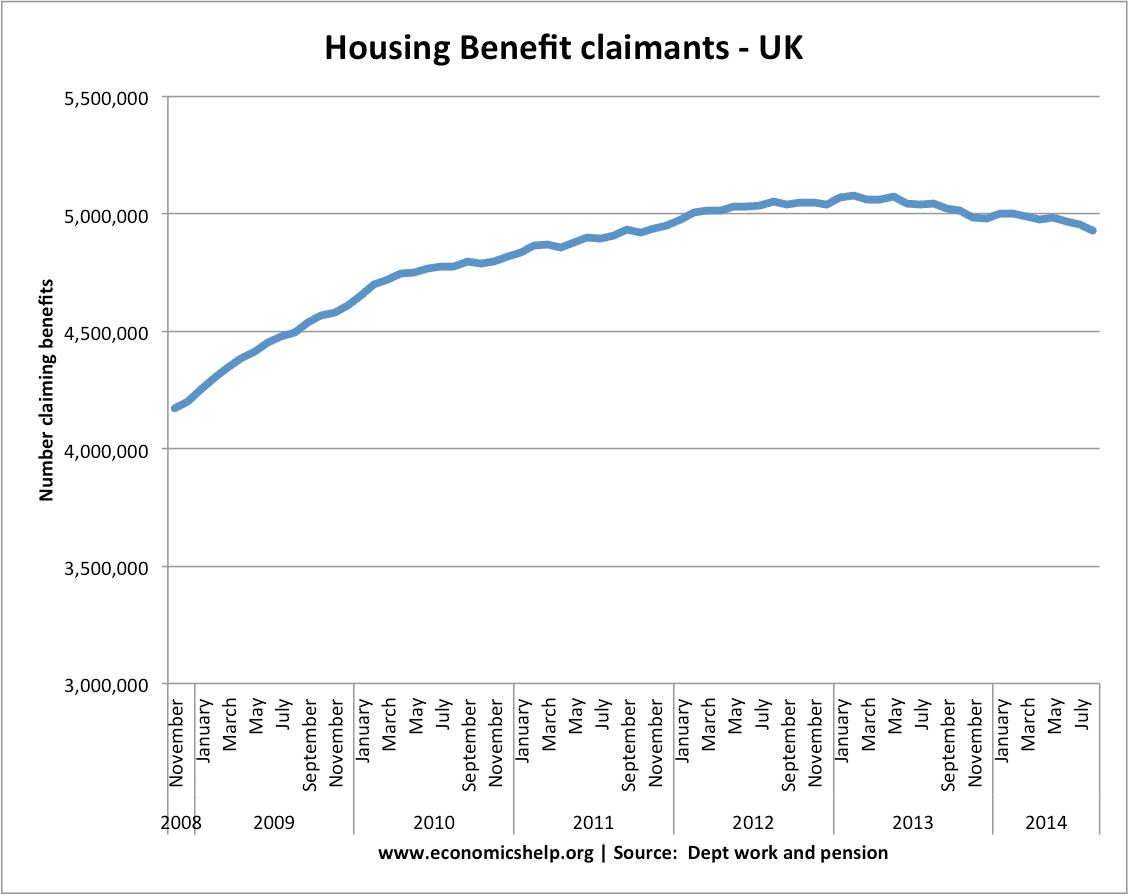Does the UK have a housing bubble?
Readers Question: Do you think the help to buy scheme is fuelling a housing bubble? Only about 3% of houses are bought through this method but do you think that it is likely that a bubble will develop? In a way, I think you answer the question yourself in stating that only 3% of houses …


